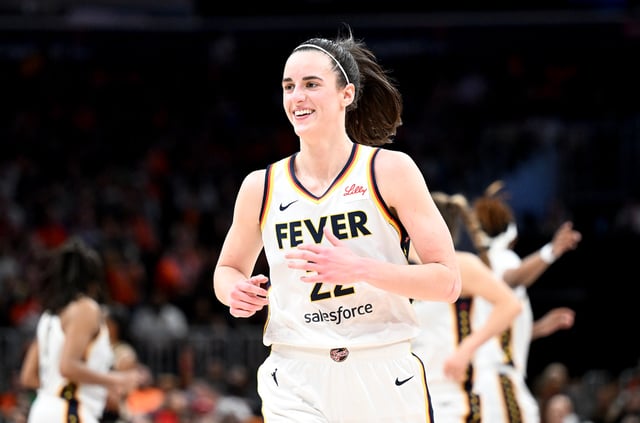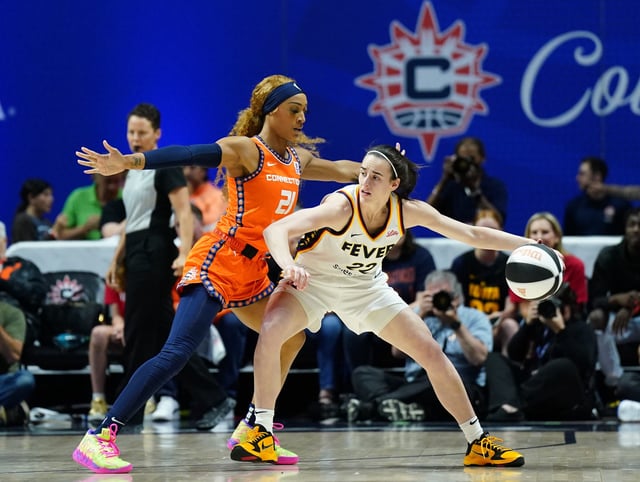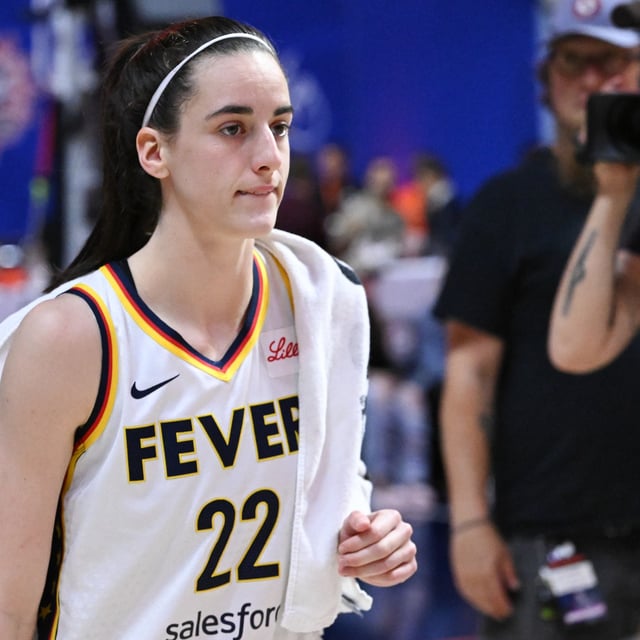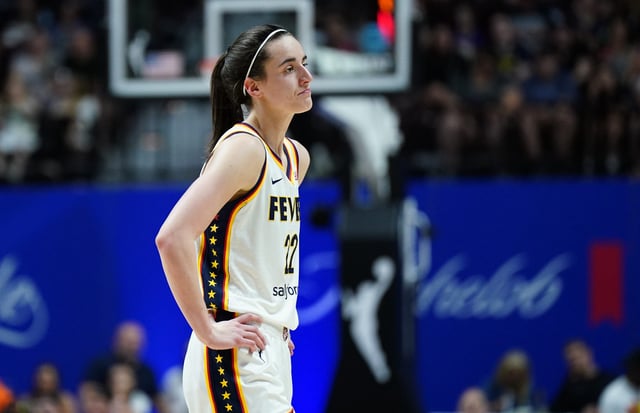Overview
- The selection committee emphasized criteria like playing ability, versatility, and experience.
- Clark's absence ignited debates on social media, especially regarding Diana Taurasi's inclusion.
- USA Basketball CEO Jim Tooley expressed hope for Clark's future involvement with the national team.
- Clark remains positive, viewing the decision as motivation for future opportunities.
- Veterans and experienced players dominate the final 12-person roster for Paris.



